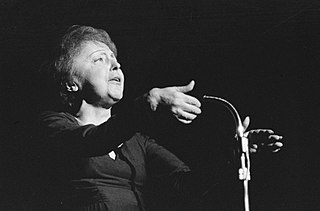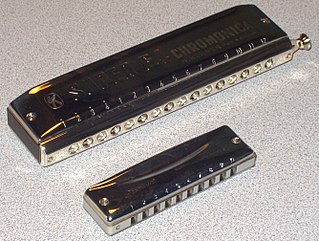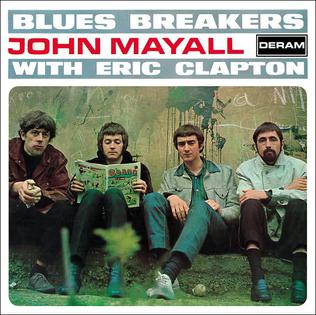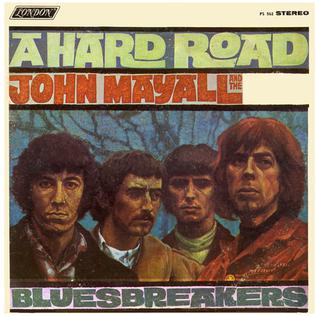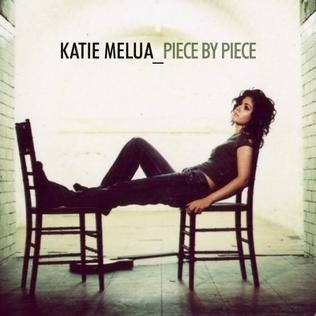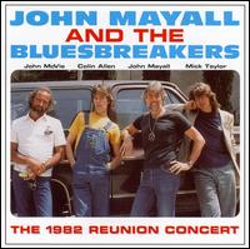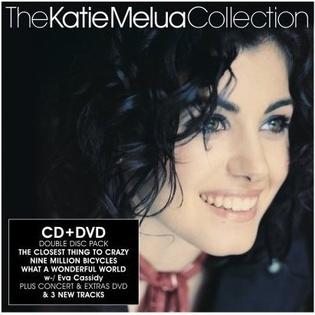This article has multiple issues. Please help improve it or discuss these issues on the talk page . (Learn how and when to remove these template messages) (Learn how and when to remove this template message)
|
| "Crawling up a Hill" | ||||
|---|---|---|---|---|
| Single by John Mayall & the Bluesbreakers | ||||
| B-side | "Mr. James" | |||
| Released | May 1964 | |||
| Format | 7" single | |||
| Genre | Rhythm & Blues/Blues | |||
| Length | 2:15 | |||
| Label | Decca | |||
| Songwriter(s) | John Mayall | |||
| John Mayall & the Bluesbreakers singles chronology | ||||
| ||||
| "Crawling up a Hill" | ||||
|---|---|---|---|---|
| Single by Katie Melua | ||||
| from the album Call Off the Search | ||||
| B-side |
| |||
| Released | 19 July 2004 | |||
| Format | CD | |||
| Genre | Jazz, blues | |||
| Length | 3:29 | |||
| Label | Dramatico | |||
| Songwriter(s) | John Mayall | |||
| Producer(s) | Mike Batt | |||
| Katie Melua singles chronology | ||||
| ||||
"Crawling up a Hill" is a song written by John Mayall, and recorded by John Mayall & the Bluesbreakers. The song was released as a studio recorded single in 1964 and as part of the live album, John Mayall Plays John Mayall , in 1965. The single was the first released recording to feature future Fleetwood Mac core member John McVie on bass.

John Mayall, OBE is an English blues singer, guitarist, organist and songwriter, whose musical career spans over sixty years. In the 1960s, he was the founder of John Mayall & the Bluesbreakers, a band which has counted among its members some of the most famous blues and blues rock musicians.
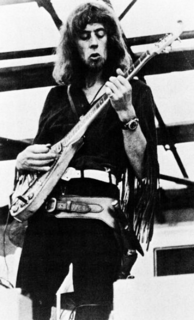
John Mayall & the Bluesbreakers was an English blues rock band, led by singer, songwriter, and multi-instrumentalist John Mayall, OBE. While never producing a radio-friendly hit on their own, the Bluesbreakers' greatest legacy is as an incubator for British rock and blues musicians. Many of the best known bands to come out of Britain in the 1960s and 1970s had members that came through the Bluesbreakers at one time, forming the foundation of British blues music that still appears heavily in classic rock radio. Among those with a tenure in the Bluesbreakers are Eric Clapton and Jack Bruce, Peter Green, Mick Fleetwood, and John McVie, Mick Taylor, Aynsley Dunbar, and numerous other musicians.
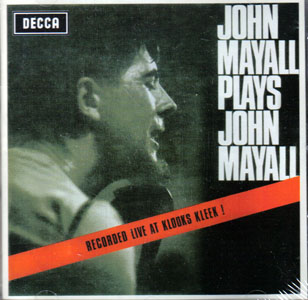
John Mayall Plays John Mayall is the debut album by John Mayall & the Bluesbreakers, released in 1965, Decca LK 4680. This album was recorded live at Klooks Kleek on 7 December 1964. Roger Dean stated in an interview that they ran cables out of the window of the club to the Decca Studio about 100 yards away for this recording.
Contents
The song was covered by Georgian-British singer Katie Melua for her debut album, Call Off the Search (2003). When released as a single, it peaked at number 46 in the United Kingdom and number 88 in the Netherlands.

Ketevan "Katie" Melua is a Georgian-British singer and songwriter. She moved to the United Kingdom at the age of eight – first to Belfast, and then to London in 1999. Melua is signed to the small Dramatico record label, under the management of composer Mike Batt, and made her musical debut in 2003. In 2006, she was the United Kingdom's best-selling female artist and Europe's highest selling European female artist.

Call Off the Search is the debut studio album by Georgian-British jazz and blues singer Katie Melua, released in 2003.
